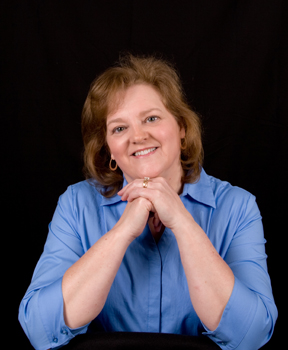Three Requirements of an Effective First Page
During my MFA program at Pine Manor College in Boston, I spent an entire semester studying the opening pages of novels and memoirs. I read at least a hundred books and finally concluded that effective opening pages must possess the following:
1) The hook—that great line or two that entices the reader to continue;
2) The setup, which includes setting, back-story, introduction of characters and foreshadowing;
3) The conflict—or as some call it, the opening action which sets up the initial surface problem and ultimately the yearning, the emotion that drives the story.
If you rework your openings to include the above, you’ll be on the way to publication. You don’t have to do it all with your first try. That’s why we edit our work. Go back into the text and spruce up the hook to make it as enticing as possible. Does your setting anchor the reader? What’s the conflict? Will it be enough to carry your story? Think about each of the three items listed above while reading your first pages. You’ll be glad you did.



Nicely done, Angela… A post to Bookmark.
Thanks, Faye. I’m glad you enjoyed it. I wrote 35 pages on this subject for my critical thesis and I really learned a lot from it.
Angela, Your short comments always give me something to think about. They’re usually simple, concise and extremely practical. One of these days I will look at some of my stories that are calling me to revise and improve. Thank you for your frequent updates. Betty Z
Thanks, Betty. I hope you get back to those pages to do some writing. Even five minutes a day can move it along.
right on, Angie. For example, “It was the worst of time and the best of times…” Thanks flr the reminder, MAX
Yes, Malcolm. That beginning is certainly a classic. You’ve had some good beginnings, too. So I know you “get” it.